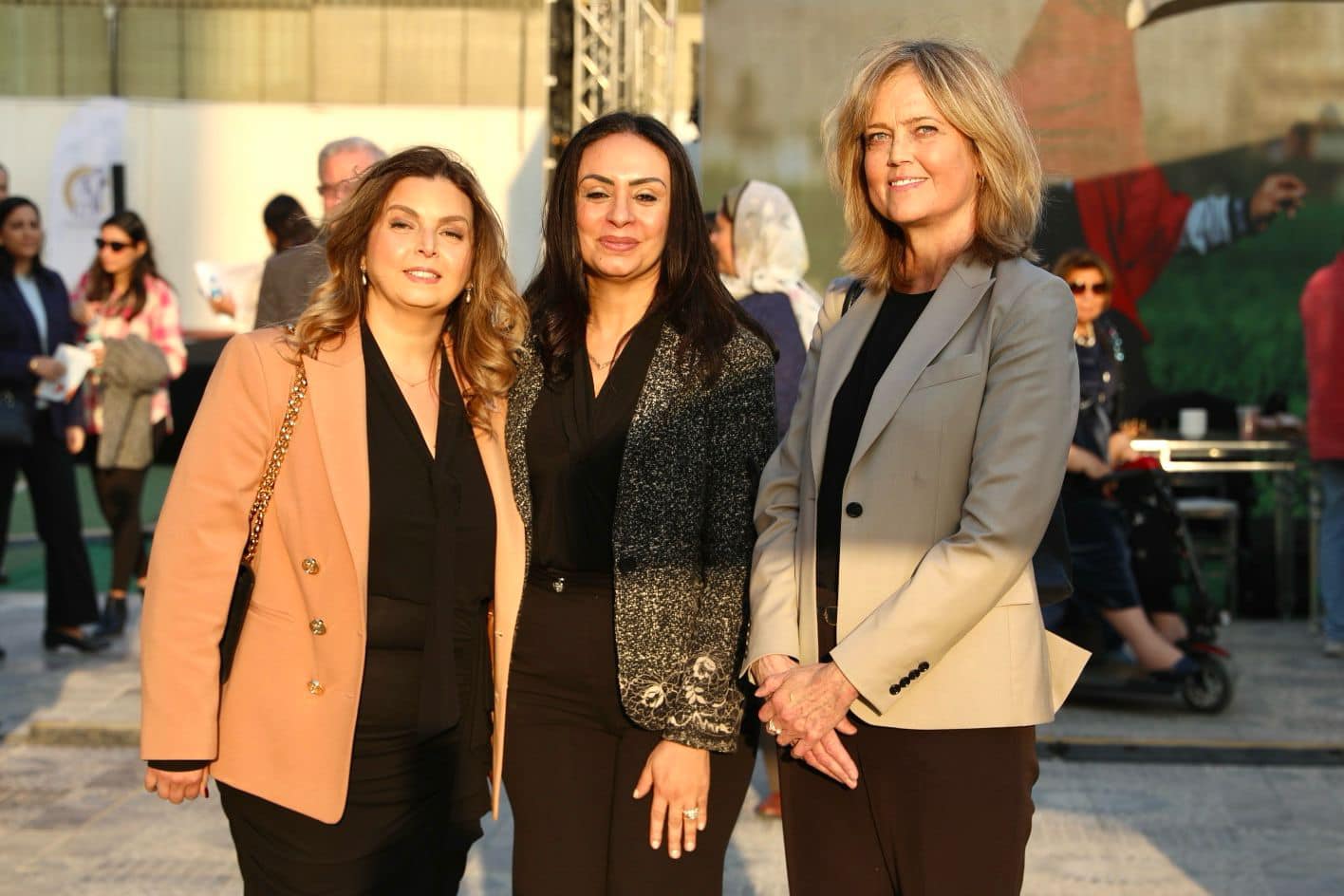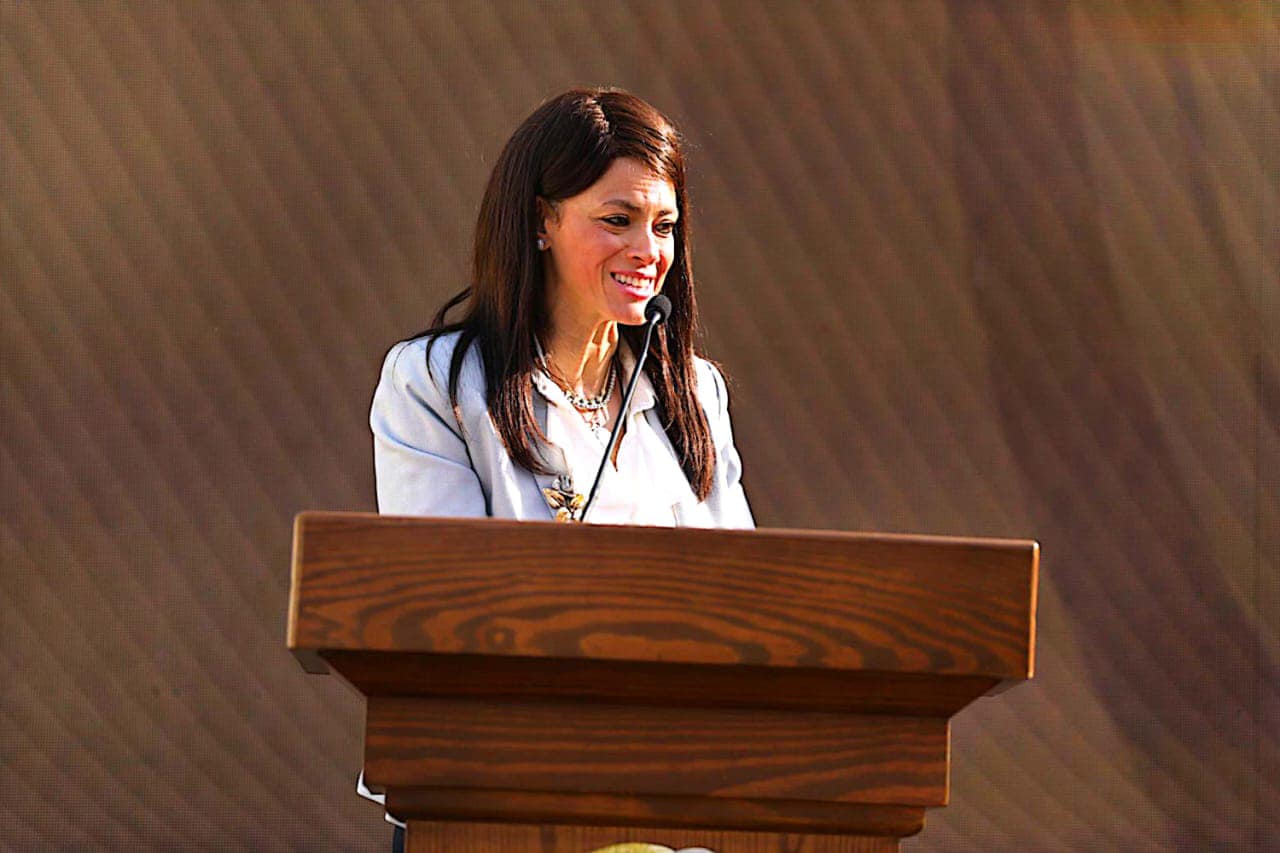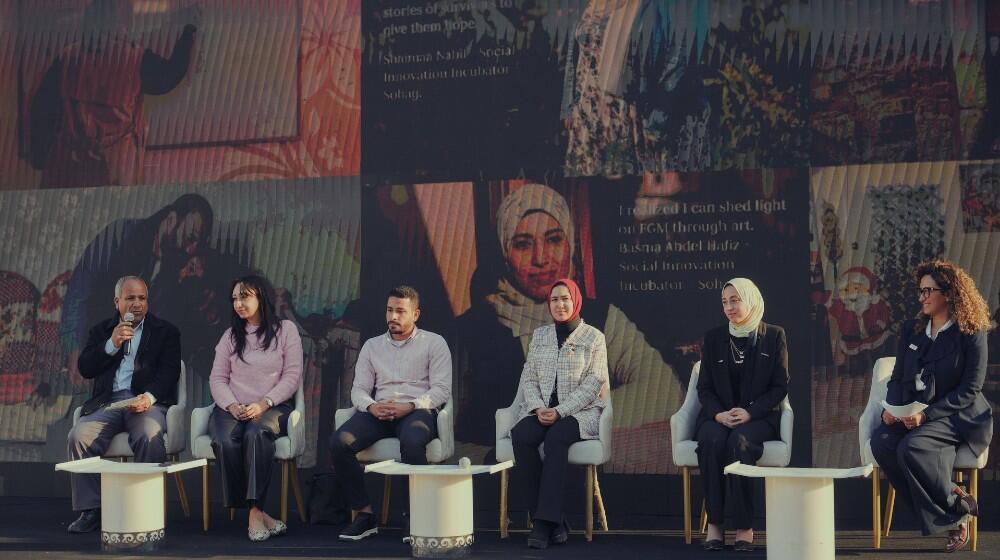The National Council for Women (NCW), the Ministry of International Cooperation, the United Nations Population Fund in Egypt (UNFPA), and the Norwegian Embassy in Cairo, marked International Women’s Day by launching the new joint project, on March 4.
The project was launched by Dr. Maya Morsy, President of the National Council for Women, Dr. Rania Al-Mashat, Minister of International Cooperation, Germaine Haddad,

The event also marked the signature of the joint annual workplan between UNFPA and the National Council for Women for 2024. The workplan offers a comprehensive technical framework to implement strategic interventions geared towards the empowerment of women and girls in Egypt.
Dr. Morsi said that girls are at the heart of the Egyptian state’s national priorities, strategies, and programs, as part of Egypt’s Vision 2030, citing the national strategies and interventions that aim to support and promote the rights of girls in Egypt. She added that the Egyptian government also places the empowerment of girls as a priority by adopting and implementing the Girls Assets Framework in Egypt.
Dr. Al-Mashat stressed the importance of the new partnership between national entities and UNFPA, which is part of Egypt’s efforts to implement the National Project for the Development of the Egyptian Family, which includes the social, economic, health and family aspects in the process of development, and works on raising awareness on population issues.
HE Hilde Klemetsdal, the Norwegian Ambassador has added that, “Norway has always been a staunch supporter of gender equality and we value our close cooperation with UNFPA and the Egyptian government to promote the rights of girls and women.”
On her part, Haddad said, “UNFPA is very proud to begin another chapter with its partners, to build on our achievements and accelerate the progress towards an environment where girls’ and women’s agency is harnessed so they can realize their full potential.”

The project also achieved important milestones in strengthening evidence-based research on GBVAWG and harmful practices, with a specific focus on women and girls with disabilities.
The event was an opportunity to shed light on the continuity through the newly endorsed project, allowing UNFPA to expand and upscale its initiative and interventions to empower local communities including women and girls, strengthen institutional and local response against GBVAWG and expand on the national Mawadda Initiative.
The event also featured a panel discussion with changemakers who contributed to, or benefitted from the project, including young peer-educators, girls community mentor, senior medical expert specialized in GBV response and a young volunteer from the Population Awareness Clubs.


